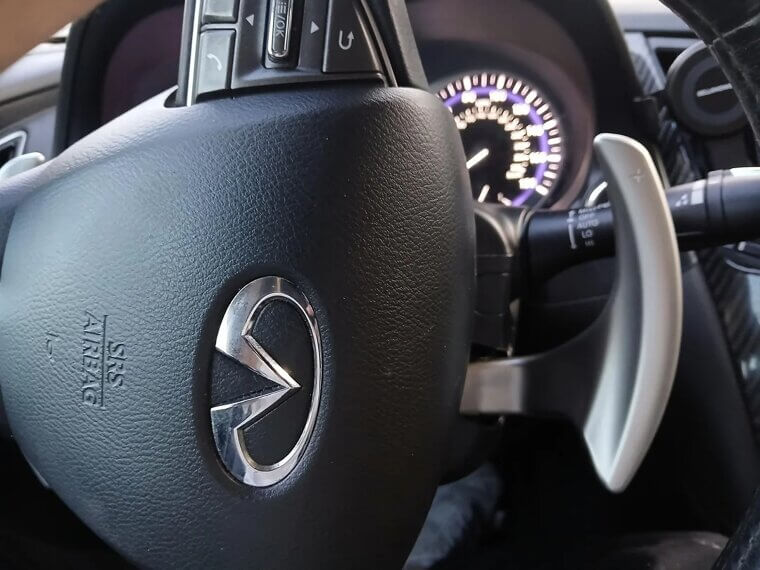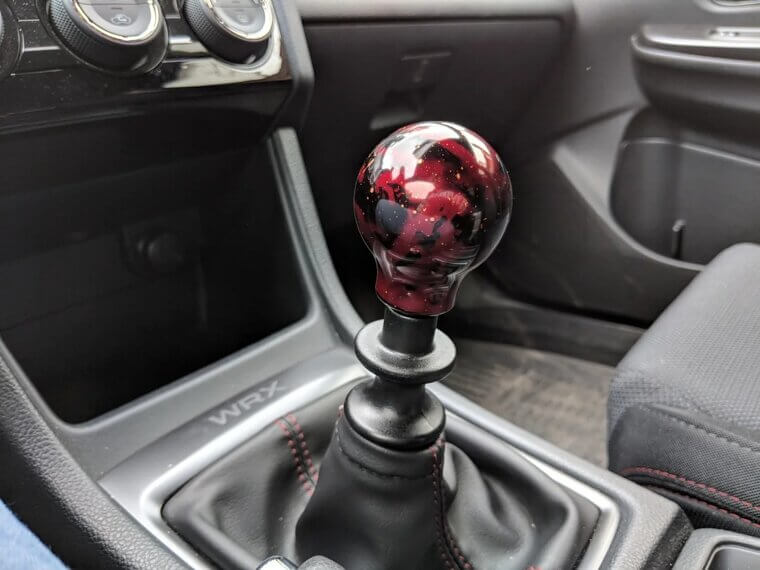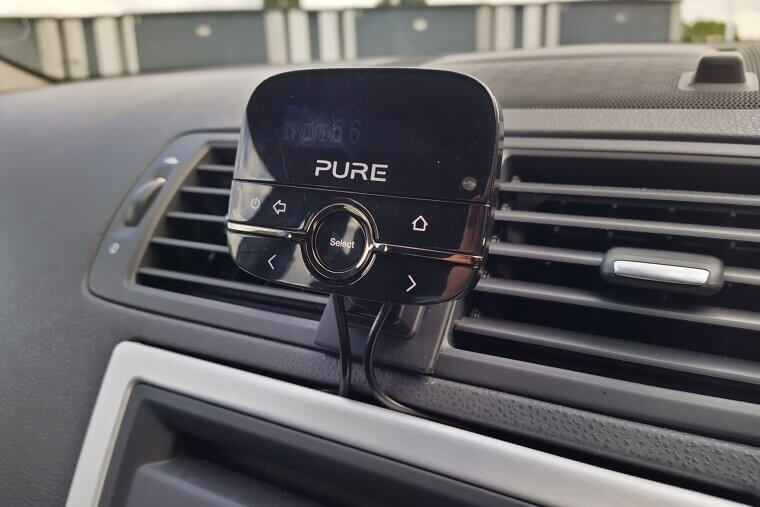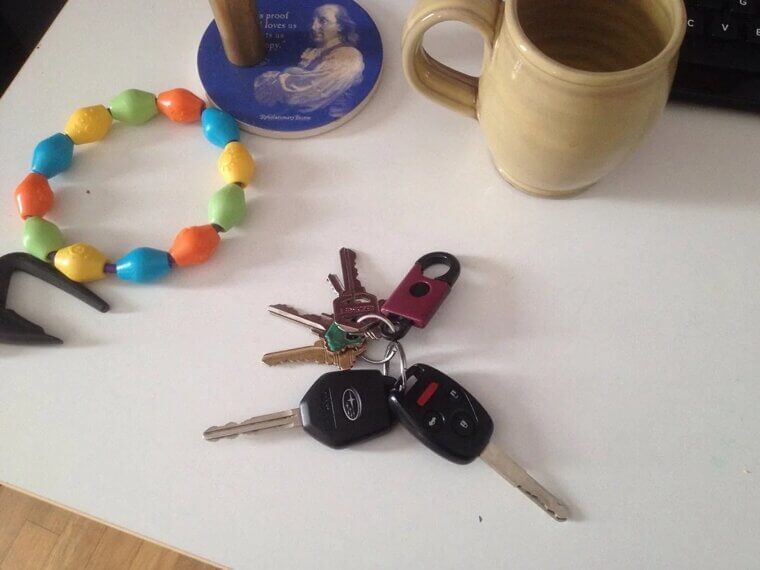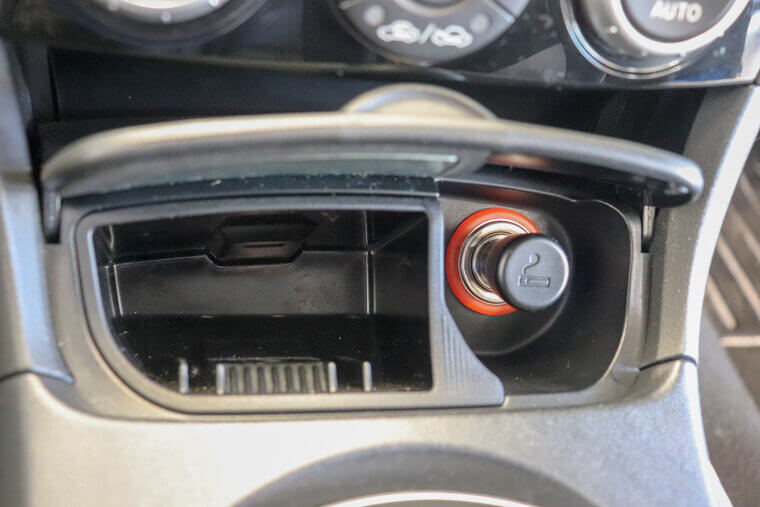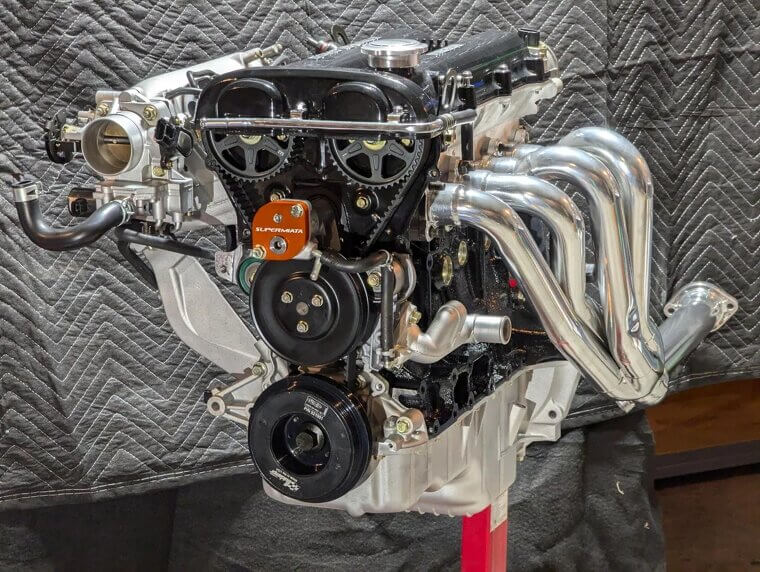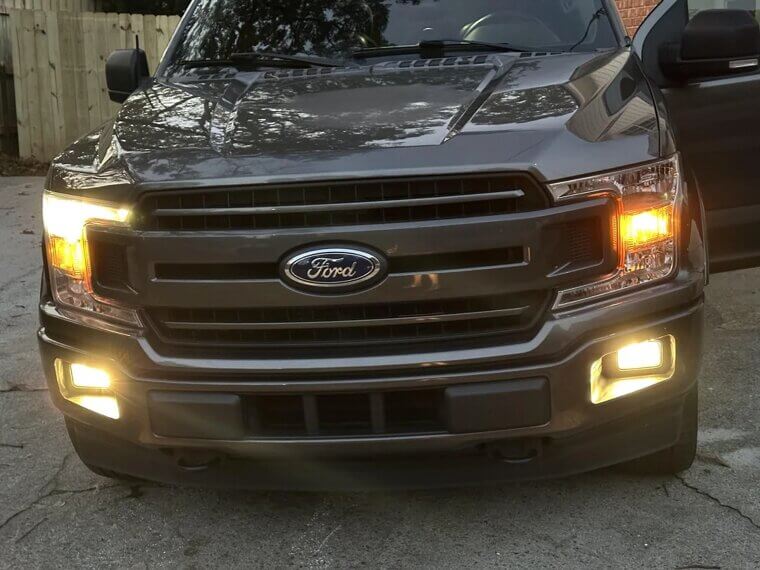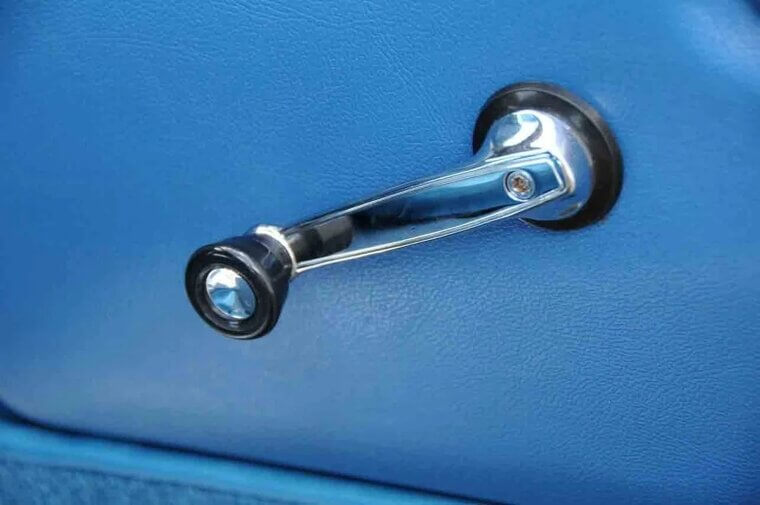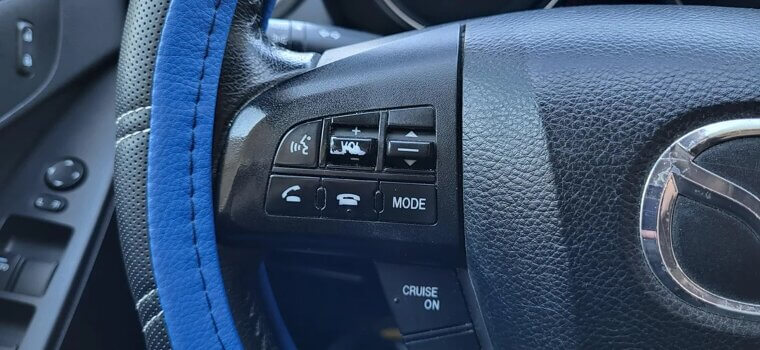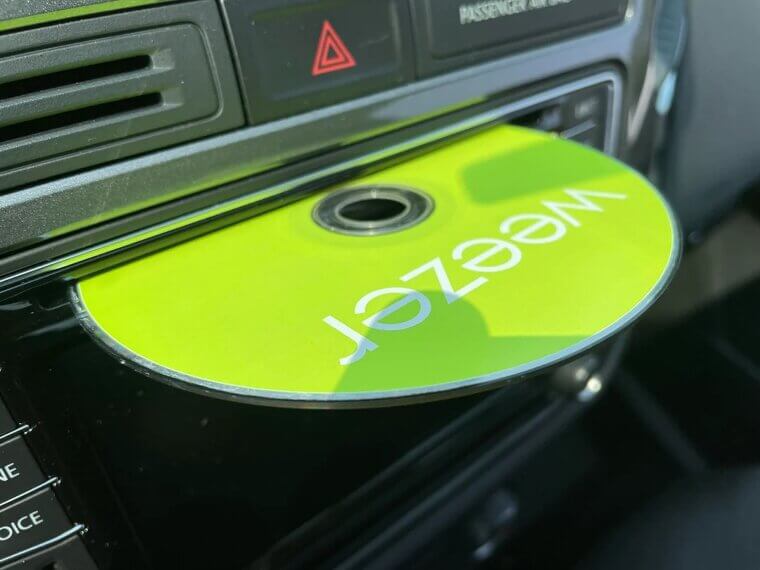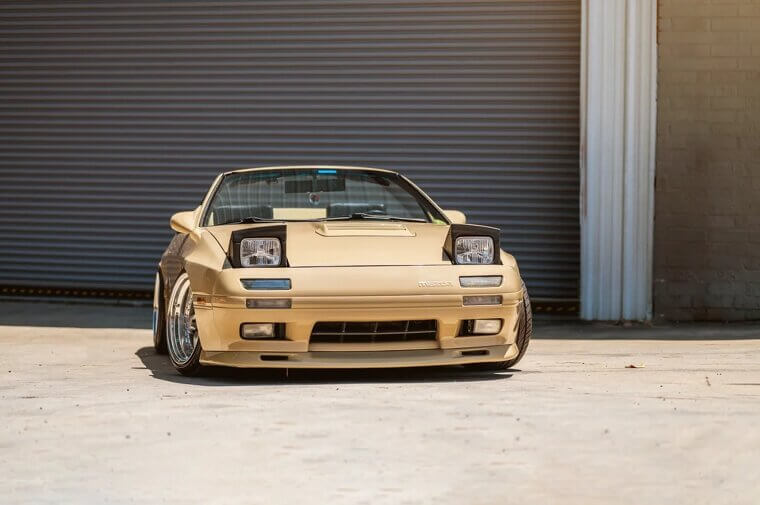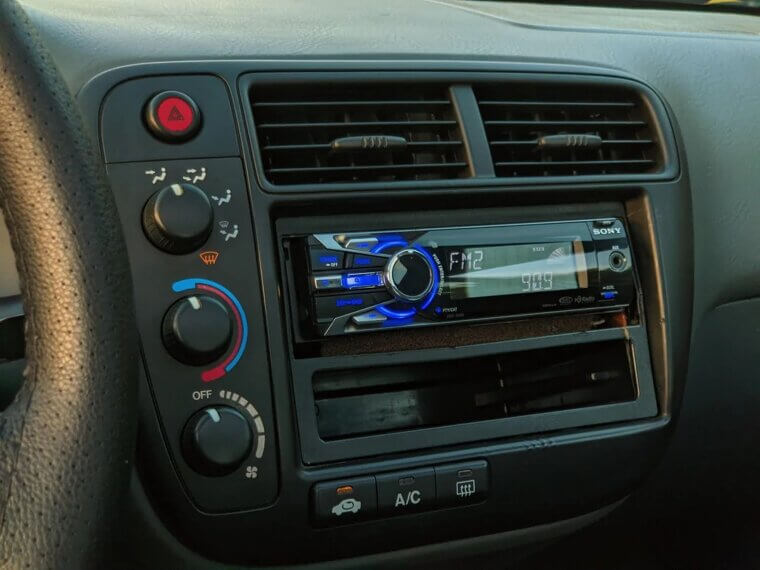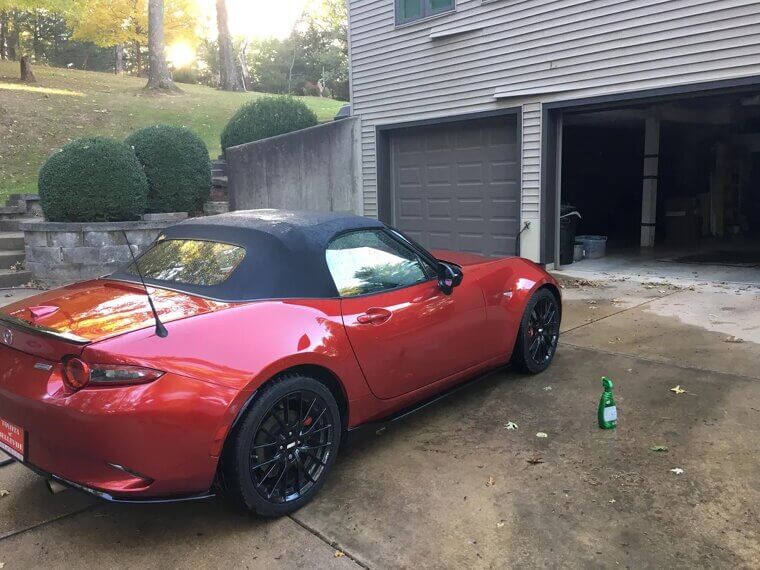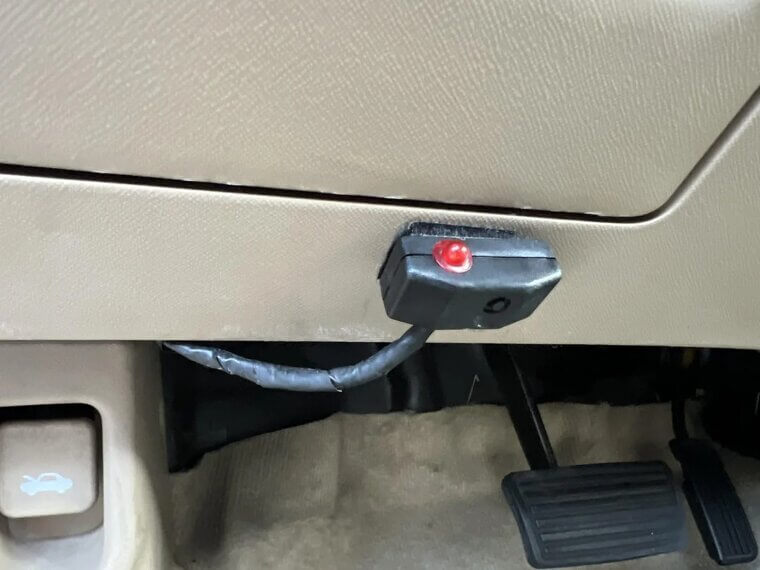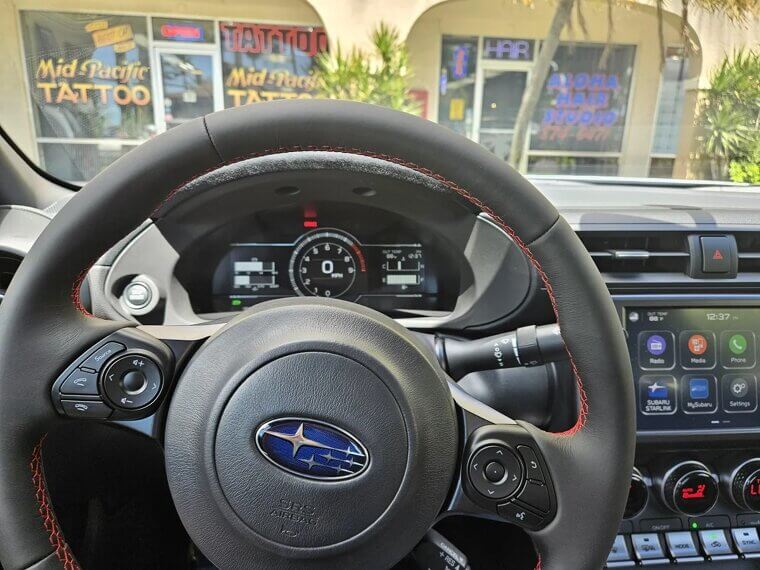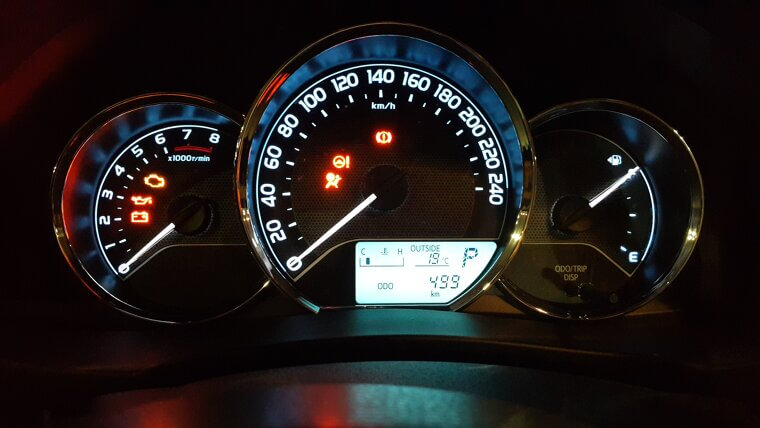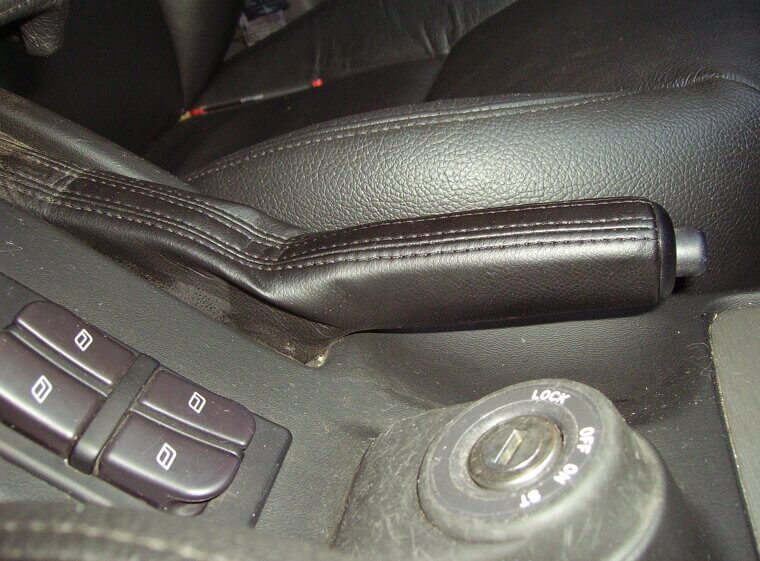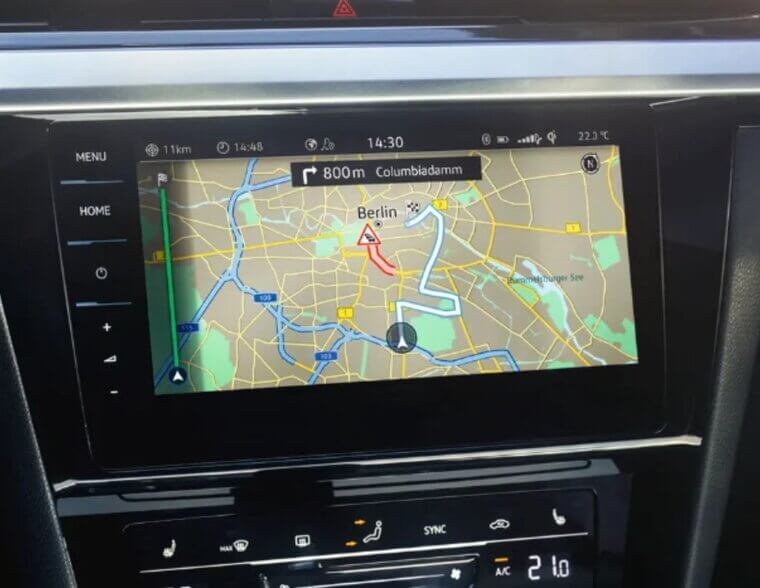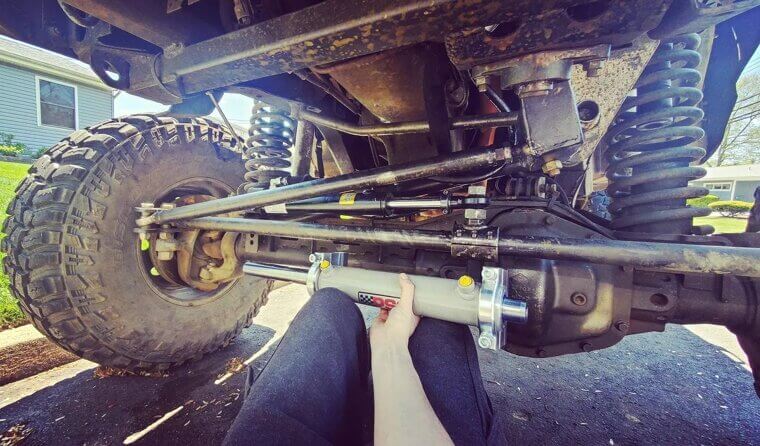Paddle Shifters
We love any technology that makes driving easier, and that’s exactly what paddle shifters did for automatic car drivers. But now they’re becoming less relevant as electric cars take over, thanks to regenerative braking and single-speed transmissions. Just as stick shifters dwindled, so will paddle shifters, until we don’t need any at all.
Manual Transmission
Take your foot off that clutch pedal because it might not be there for much longer! Driving a manual transmission used to be a rite of passage, but more cars are now favoring more advanced automatic technologies that are easier and more convenient to use. Ditching manual transmission is a fuel-efficient move.
Aux Jacks
When CD players began to lose their shine, aux jacks were a natural successor that allowed people to plug their phones in instead. However, technology has become even more innovative, and now drivers can connect their phones via Bluetooth. Physical aux cords are on the way out, and soon, the jacks will follow.
Keys
Car keys have become more technological over the years, thanks to the rise of central locking systems, but soon enough, the tech will work without anything to prompt it. Keyless entry is already popular, and many modern cars also have push-button start systems that work just fine without a key in the ignition.
Cigarette Lighters
These have been disappearing for some time, so it’s not a surprise that car cigarette lighters will likely be completely obsolete in the next five years. Fewer people smoke now than in the past, and many who do don’t like to smoke in their cars. Those retro days of smoke-scented upholstery and steamed-up windows are long gone.
Naturally Aspirated Engines
Turbochargers used to be novelty components for daredevil cars, but they’re slowly becoming essential engine parts. Naturally aspirated engines rely on atmospheric pressure to run, so they produce lower power and torque, and aren’t very fuel-efficient. Turbocharged engines are more effective, and even typical day-to-day cars are choosing them over NA alternatives.
Halogen Bulbs
Halogen bulbs aren’t just disappearing; they’re being actively phased out of manufacturing altogether. They’re not energy-efficient and have shorter lifespans than more high-tech alternatives, like LEDs, so they’ve reached the end of their usefulness. With the bans now out in full force, halogen bulbs are running on borrowed time.
Hand-Crank Windows
Ask any young driver and they’ll tell you that there’s nothing technological about a hand-crank window, but those were once the height of automotive innovation. Nowadays, everything can be done with minimal effort, so there are buttons within arm’s reach that you can push once to lower the windows. Like all manual features, crank windows aren’t needed anymore.
Analog Controls
Modern cars are more like computers than vehicles, so we’ll all have to get comfortable using touchscreens. Some high-tech cars, like those produced by Tesla, are ditching analog controls altogether, even for simple features like heating or AC. In the future, almost every feature will be safeguarded behind a digital wall.
CD Players
Decades ago, they were the only way to listen to music in your car, but how often do you buy CDs nowadays? With the rise of digital music on streaming services like Spotify and Apple CarPlay, CDs are unnecessary, and most new cars now don’t include CD players at all. Skipping them also helps manufacturers cut production costs.
Pop-Up Headlights
We typically associate them with classic muscle cars or hypermodern sports cars, but we might be seeing the last of pop-up headlights this decade. They worked perfectly with simpler old-school technology, but don’t mesh well with LED bulbs, so it makes sense that manufacturers are embracing more modern fixed headlights.
Lead-Acid Batteries
We likely won’t see the complete end of lead-acid batteries due to their low installation costs and their presence in many older cars, but their use will decline sharply. More and more manufacturers are replacing them with lithium-ion batteries, which offer superior performance and can store much more energy.
Radios and Antennas
These technologies are a two-for-one because as radios become eclipsed by wireless music streaming systems, antennas become useless. If future cars are built without radios, there’s no real need for a long old-time antenna, especially as many brands now find them unsightly and inefficient due to wind drag.
Convertible Roofs
Never underestimate the power of consumer demand! Convertible roofs used to be all the rage, but they’re no longer an impressive technology. This feature is actually declining due to a shift back to less-technological roofs and a growing demand for hardtop SUVs. Perhaps tech doesn’t always win after all.
Car Alarms
If we asked what sounds give you the biggest headaches, car alarms would likely be in your top 10. That’s one of the reasons many new vehicles no longer feature them. They’re also quite ineffective against modern theft techniques, with many superior technologies being used to bypass or suppress them, so why keep them?
Single-Function Controls
We pride ourselves on knowing what each individual stalk does in our own cars, but these single-function controls are likely on their way out. Instead of having various sticks for signals and features cluttering up the dashboard, new cars will use touchscreen technology that keeps every function in one place.
Speedometers
They’re a minor technological feature, but one of the classics, so we’ll be sad to see speedometers fully disappear. Some people believe they will start to vanish as modern cars become more minimalist in their design, taking away features that occupy dashboard space and replacing them with newer technologies.
Parking Brakes
Why do something yourself if a button can do it for you? At least, that’s the sentiment behind getting rid of parking brakes in the near future. Electronic parking brakes are taking precedence because they’re less likely to experience functional failures, and drivers also just want more convenient technologies.
Talking GPS
We remember the good old days of long road trips guided by nothing but a talking GPS. It was a radical new car technology that meant paper maps weren’t needed anymore, and you could drive with your own personal guide. But now, navigation apps are jumping from phone screens to cars, effectively silencing the talking GPS forever.
Hydraulic Power Steering
Hydraulic power steering has been slowly slipping away for years, but the latest push for more EVs has pretty much sealed its fate. Electric power steering technology is fresher, more efficient, and easier to maintain, so of course, manufacturers and drivers prefer it. Hydraulic power steering did its job well, but it’s now time to retire it.

